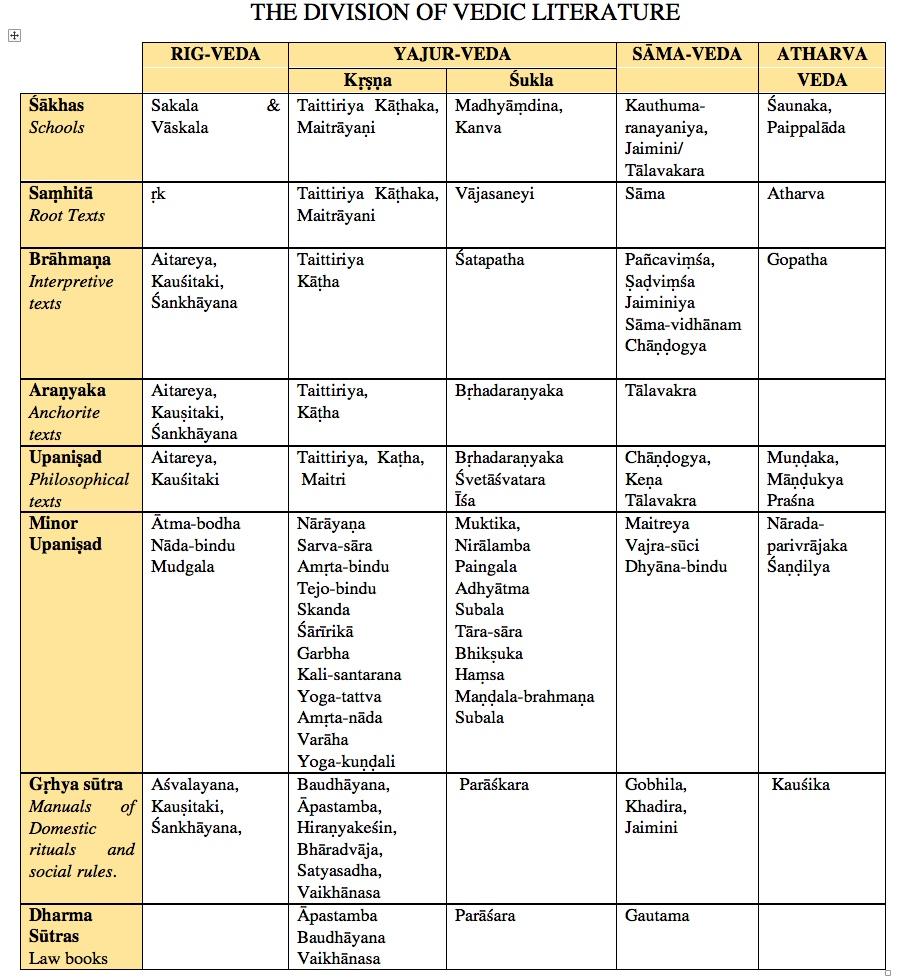
But another German Indologist, Max Muller, who was teaching at Oxford, projected a much later date.

The German Indologist, Hermann Jacobi, independently arrived at a very similar conclusion and suggested the middle of the fifth millennium as the date of the Vedas. He based his conclusions on the interpretation of references to positions of the stars in the text which could be used by astronomers for a detailed calculation of the respective date. The famous Indian nationalist, Bal Gangadhar Tilak, wrote a book on the Arctic Home of the Vedas in which he maintained that the Vedas could be dated back to the sixth or fifth millennia BCE. The dating of these texts and of the cultures that produced them has been debated for a long time by Indologists. Scholars Hermann Kulke and Dietmar Rothermund comment briefly on the early development of the dating/origin issue: The human need to resolve what appears to be mysterious, however, keeps the debate alive in the present day. The most reasonable response to the question of the origin and dating of the Vedas is simply that one does not know.

There are sound reasons for recognizing the motivation, at least, for either claim (though the OIT is rejected by mainstream academia) and scholars seem to hold to one or the other more for personal reasons than any based on objective, scholarly research. Similarities between Early Iranian Religion (and later Zoroastrianism) and early Hinduism suggest a common belief system, which then developed separately. These Indo- Aryans are thought to have broken off from a larger group which also included the Indo-Iranians who settled in the region of modern-day Iran and came to be known in the West (via the Greeks) as Persians. “Aryan” should be understood as it was by the people of the time, meaning “free” or “noble”, a class of people, not a race, and not Caucasian (as was claimed by 18th- and 19th-century CE Western scholars). It is most commonly believed (though by no means universally accepted) that the Vedic vision came to India by way of nomadic Aryan tribes who migrated there from Central Asia sometime around the 3rd millennium BCE. No one knows the origin of the Vedas although many scholars and theologians have advanced differing claims on the subject. Even so, the works continue to be recited, studied, and venerated in the present and remain an important part of Hindu religious observances, festivals, and ceremonies.

Reform movements throughout the modern era, beginning in the 19th century CE, place greater value on personal religious experience than scriptural authority and tradition and so some sects, or off-shoots of Hinduism (such as the Brahmos Movement) reject the Vedas entirely as superstition. Orthodox Hindu denominations recognize the Vedas as a significant spiritual authority but not all Hindu sects follow suit.


 0 kommentar(er)
0 kommentar(er)
